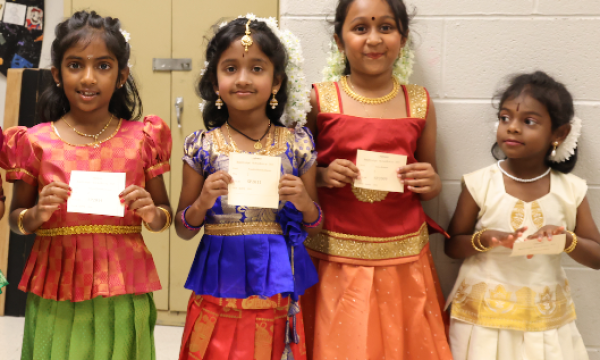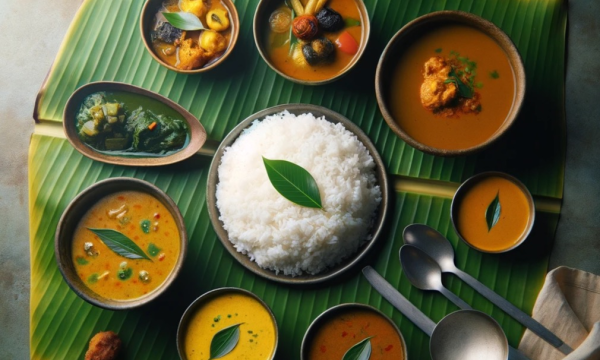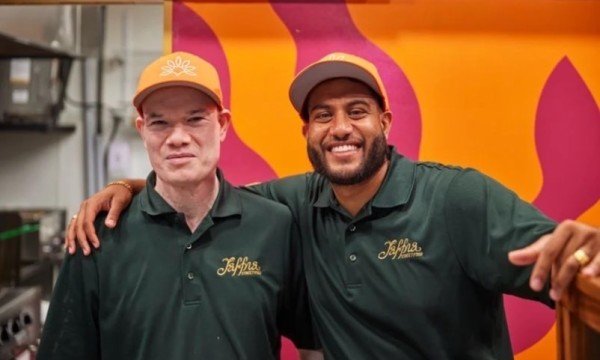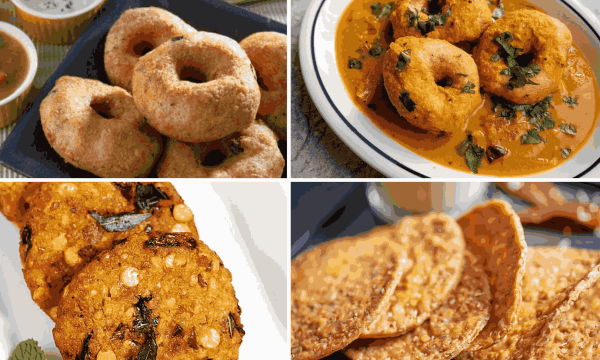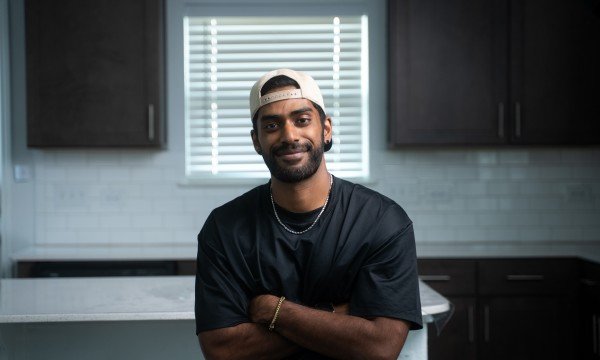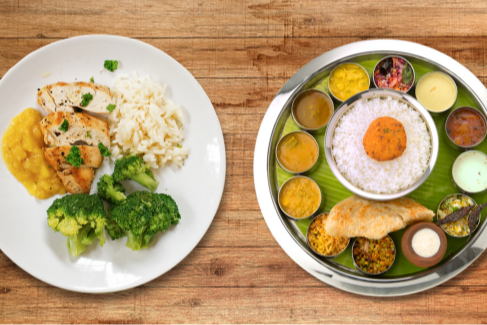
In the spirit of Tamil heritage month, let’s take a look at the perceptions that exist around Tamil food (and South Asian food in general) and the important role they play in healthy living. South Asian food has long been famous for its otherworldly scents and spice, but from a health angle, it has not been given the credit it is due. In western countries, it makes perfect sense that ideas around healthy eating and diets revolve around western food. For immigrants, however, this naturally leaves out most (if not all) cuisines that define many non-western cultures; diets which have kept hundreds of civilisations alive and well for centuries. It’s arguably time for this to change. Revisiting and broadening the definition of what constitutes healthy food can go a long way in making healthy diets more accessible.
Meet Tamil singles looking for meaningful connections from Canada, USA, UK & more! Join here.
As a lifelong athlete, the long list of diets I’ve been on for different sports, for bulking and cutting, or simply for “health,” left little room for foods I actually enjoyed. I made lots of baked chicken breast, steamed broccoli and scrambled eggs with salt and pepper; spice, flavour or curries were never recommended or advised as part of a healthy diet. To be fair, it is safe to say my doctors, teammates and coaches had likely never heard of lentils, turmeric or curry. But surprisingly, I’d also had Tamil doctors advise me not to eat “salty” or “oily Tamil food” and tell me to look at the Canada Food Guide (which never had any advice on culturally relevant food alternatives). As I continued the healthy eating journey into university, the pressure to cut out home-cooked meals like chicken and fish curries was a little disappointing, and started making less sense. There was no way all this food could be unhealthy, right?
The simple answer is no. Tamil food contains an abundance of healthy ingredients, vegetables and spices that have lots of benefits. Whether a diet is unhealthy or not ultimately comes down to how it’s prepared. Saying all Tamil food is unhealthy is no different than looking at french fries or burgers as the measure for the healthiness of the western diet as a whole. Tamil food, and South Asian food more broadly, includes dozens of both healthy and unhealthy dishes, with ingredients that can be added or removed to improve quality.
An interesting element of this downgrade that South Asian foods have gotten in the west is that you can often see these same foods we’ve grown up with popping up, especially in places like TikTok from fitness/health influencers, as reinvented and repackaged “superfoods” and fads that are notably stripped of their cultural origins. Turmeric has seen a recent emergence on social media as an antioxidant superfood; “lentil pancakes” and lentil “flatbread” recipes are another (what we call thosai/dosa). Veganism, which has roots in India and the Mediterranean is also often presented to us through a lens of western healthy eating, rather than as a distinctly non-western lifestyle that is becoming popular for its health benefits.
There’s nothing wrong with pointing out that these foods or ingredients are healthy, or with creating your own recipes. And it is also safe to say that many people simply don’t know the origins of all the food they eat; after all, we don’t typically look up the origins of our recipes. We just find something we like and try it out. But presenting dosa as a “high-protein pancake” recipe, rather than simply an Indian dish that you recently learned of, keeps South Asian food and diets separated from their origins. Understanding and respecting the origins of these dishes is a small yet meaningful step towards cultural appreciation.
One consequence of the separation of South Asian foods or culture from conversations around health is that healthy eating subsequently becomes less accessible, especially for older South Asian generations living in the west. Medical issues like diabetes, high blood pressure and high cholesterol are common issues among seniors; unfortunately, the dietary advice that is often directed at these individuals makes the goal of healthy eating seem near impossible. While some advice, like lowering salt and oil intake can be easy enough to implement, recommendations to cut out starches, carbs, oils or spices remove a large portion of Tamil food from the menu. Good luck convincing your grandparent to eliminate lifelong dishes from his or her daily routine. Giving South Asian foods the credit that they very much deserve for their healthy properties and creating culturally appropriate and relevant meal plans can help bridge this gap. There’s no doubt there are unhealthy aspects of South Asian and Tamil food. But the same can be said for every diet. It is important to highlight the unhealthy elements, without dismissing the entire diet.
There is growing progress in this area already; whether it is doctors recognising the impracticality of putting a 70 year-old born-and-raised Sri Lankan Tamil on a baked chicken and steamed veggies diet, to articles and foodies who recognise the role that ethnic foods play in health and wellbeing. Broadening the definition of what constitutes healthy food can go a long way in making good health something that feels more accessible. The celebration of Tamil and South Asian food should not be separated from the conversation of healthy food. We should continue to remember that Tamil food isn’t just tasty or full of rich aromas. It’s also healthy.
Graphic by Sobica Vinayagamoorthy (IG: sobica.v)
What is my Identity? It's a question that we all seek to answer in our own ways throughout our lives. Each episode of Identity spotlights a different creative, some from the Tamil community and some from outside it, who will be chatting about how we take ownership of our narratives, art, politics and of course who we are. We hope to inspire you through their unique stories of seeking and finding Identity. Catch Season 1 below!




